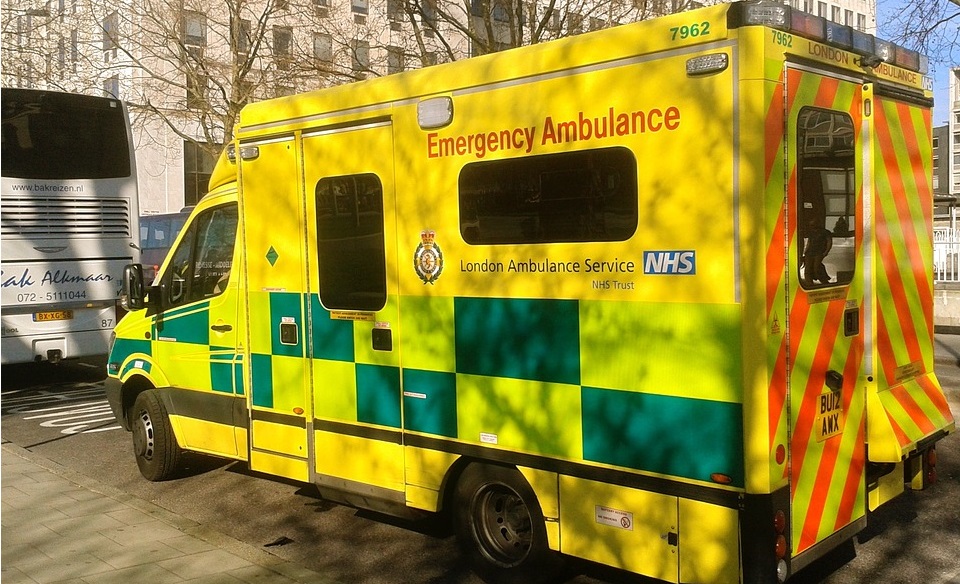Ambulance ‘misfuelling’ incidents are said to be putting lives at risk, with campaigners saying misfuelling incidents are threatening patient safety.
According to reports gleaned from a Telegraph Freedom of Information request, there have been more than 750 incidents of “misfuelling” with ambulances since 2012, which can put ambulances out of action for weeks at a time in some cases.
As a result of the issue, some NHS Trusts are said to be trialling alerts to prevent misfuelling incidents occurring.
It’s a worrying thing when you consider that ambulances could be out of action for days or even weeks as a result of a simple misfuelling error. Over winter, we witnessed a shortfall in ambulances that led to patients having to use taxis, and we can’t help but think about the impact these ambulances being out of action can have.
Generally speaking, it’s thought to be petrol being put into ambulances instead of diesel that’s causing the majority of the misfuelling errors. One Trust reportedly spent over £50,000.00 repairing misfuelled ambulances since 2012, but in the worse case scenario, the cost for one vehicle could be as much as £15,000.00 alone if the engine is damaged.
The accumulative effect
When you review all these little problems that the NHS faces, it’s the overall accumulative effect that’s frightening. As we always like to say, we’re very grateful for the hard work that anyone working for the NHS does, especially in the current climate of funding problems and staff shortages. But these little errors are not sustainable, and when it comes at the cost of patient safety, more must be done to resolve these issues.
Whether it’s warnings on the vehicles or better training and procedures / protocols, ambulance misfuelling incidents as part of the overall problems the NHS is facing must be resolved. An out-of-action ambulance could mean the difference between life or death for a patient in need.
Image Credit: https://pixabay.com/en/ambulance-london-vehicle-emergency-1665303/












